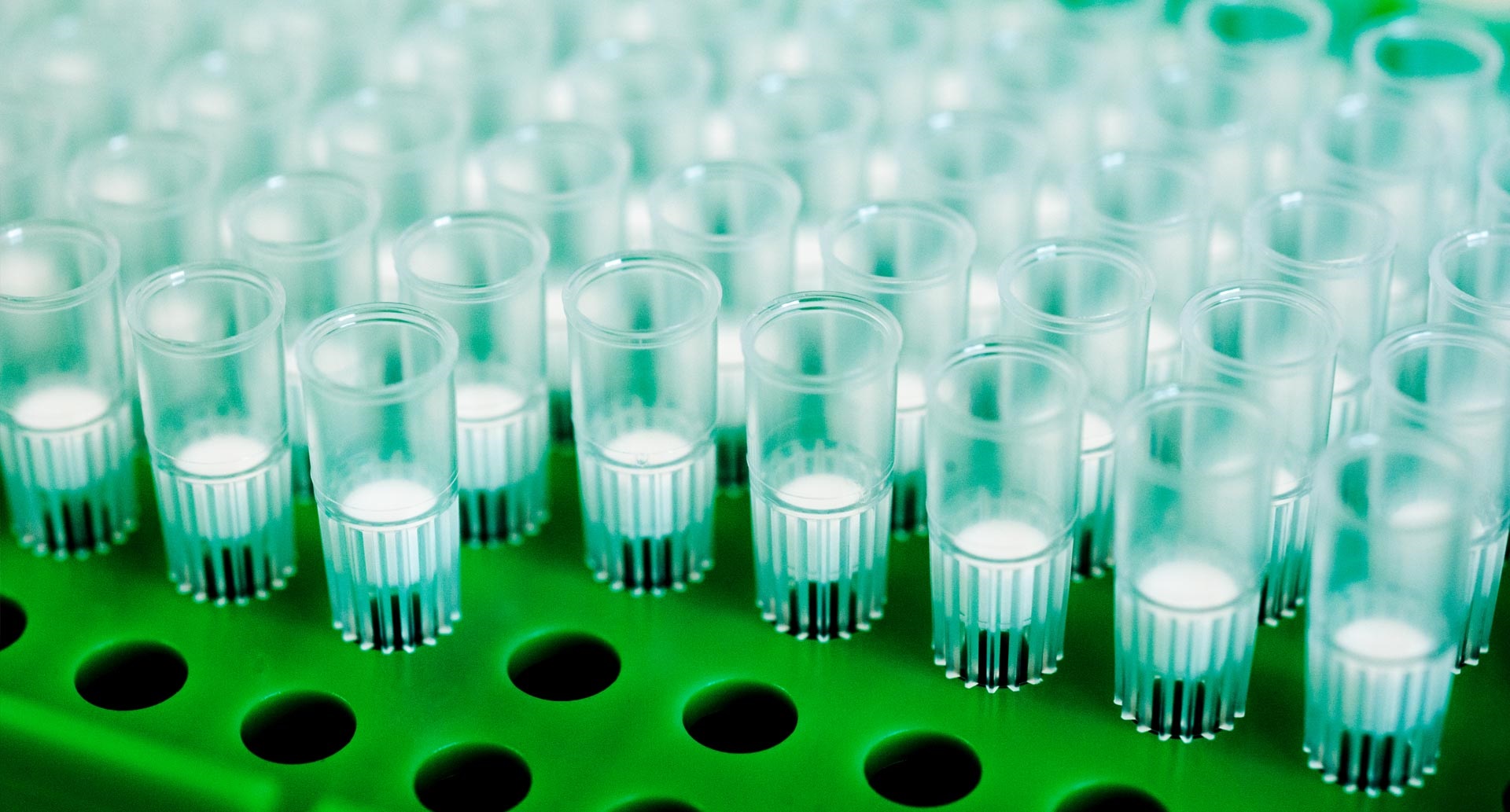
Opportunity: Predictive test for personalising breast cancer treatment
Professor Mitch Dowsett
ICR lead scientists/inventors:
Professor Mitch Dowsett
Opportunity at a glance
The Institute of Cancer Research, London, is seeking partners to continue the development a gene expression signature into a predictive biomarker for predicting prognosis and treatment response for patients with early-stage ER+/HER2+ breast cancer.
A patent application has been filed (GB2116745.7) covering a gene expression profiling method that can classify tumours into molecular subtypes for predicting response to specific therapies and the risk of relapse.
More about predictive test for personalising breast cancer treatment
Breast cancer patients currently have their tumours classified according to the presence of three ‘gold standard’ biomarkers: the oestrogen and progesterone hormone receptors (ER and PR) and the HER2 receptor. About 15% to 20% of tumours have higher levels of HER2, of which about 50% are either ER or PR positive.
Patients with ER+/HER2+ receive standard hormone treatments such as aromatase inhibitors, which lower oestrogen levels in the body. However, resistance to these treatments is relatively high for patients with ER+/HER2+ tumours, and new biomarkers are urgently needed to help improve treatment for these women – to detect likely treatment resistance and prioritise them for other treatment options while minimising unnecessary side effects.
A research team at the ICR has now identified a set of new biomarkers that A predictive test for personalising breast cancer treatment predict resistance to aromatase inhibitors in ER+/HER2+ tumours and could enable the identification of patients at a higher risk of relapse.
The findings were made through a study of more than 300 patients from POETIC – a phase III trial of almost 4,486 patients from across the UK, that aims to determine whether a two-week course of aromatase inhibitor treatment before and after surgery improves long-term outcomes compared with post-operative treatment alone.
Key points
Gene expression signatures – derived from an analysis of breast cancer samples collected from the POETIC trial – can stratify ER+/ HER+ tumours into molecular subtypes that can help predict response to aromatase inhibitors and the risk of relapse.
The method has the potential to be developed into a predictive biomarker test to help personalise treatment, including escalation and de-escalation strategies, to improve resistance to treatment in breast cancer.
It could particularly benefit women with early-stage breast cancer who are undergoing or will be treated with hormone therapies.
Key publications
- Patent reference GB2116745.7 – ‘Prognostic and Treatment Response Predictive Method’.
- Bergamino, Lopez-Knowles et al. HER2- enriched subtype and novel molecular subgroups drive aromatase inhibitor resistance and an increased risk of relapse in early ER+/HER2+ breast cancer. eBioMedicine. August 16 2022. DOI: 10.1016/j.ebiom.2022.104205.
Contact us
Contact
Jenny Worthington
Business Development Manager
The Institute of Cancer Research, London